About The Show
The Employment Law Show is Canada’s ONLY program on television and radio dedicated to workplace rights for employees in Ontario, British Columbia and Alberta.
Join host and leading Canadian employment lawyer Lior Samfiru as he provides thorough answers to your questions about employment rights, and tackles the most important facets of employment law that are far too often overlooked by both employees and employers.
From grossly inadequate severance pay, to harassment in the workplace, to employees being routinely mislabeled as independent contractors, the program debunks the myths that have caused employees to miss out on their full workplace rights and entitlements. It also played a vital role in understanding employment rights during the COVID-19 pandemic by answering thousands of questions, including those submitted through live call-ins, about severance, temporary layoffs, safe workplaces, government benefits, self-isolation and more.
To contact Lior’s employment law team, call 1-855-821-5900, email Help@EmploymentLawyer.ca, or contact us online.
Past Episodes
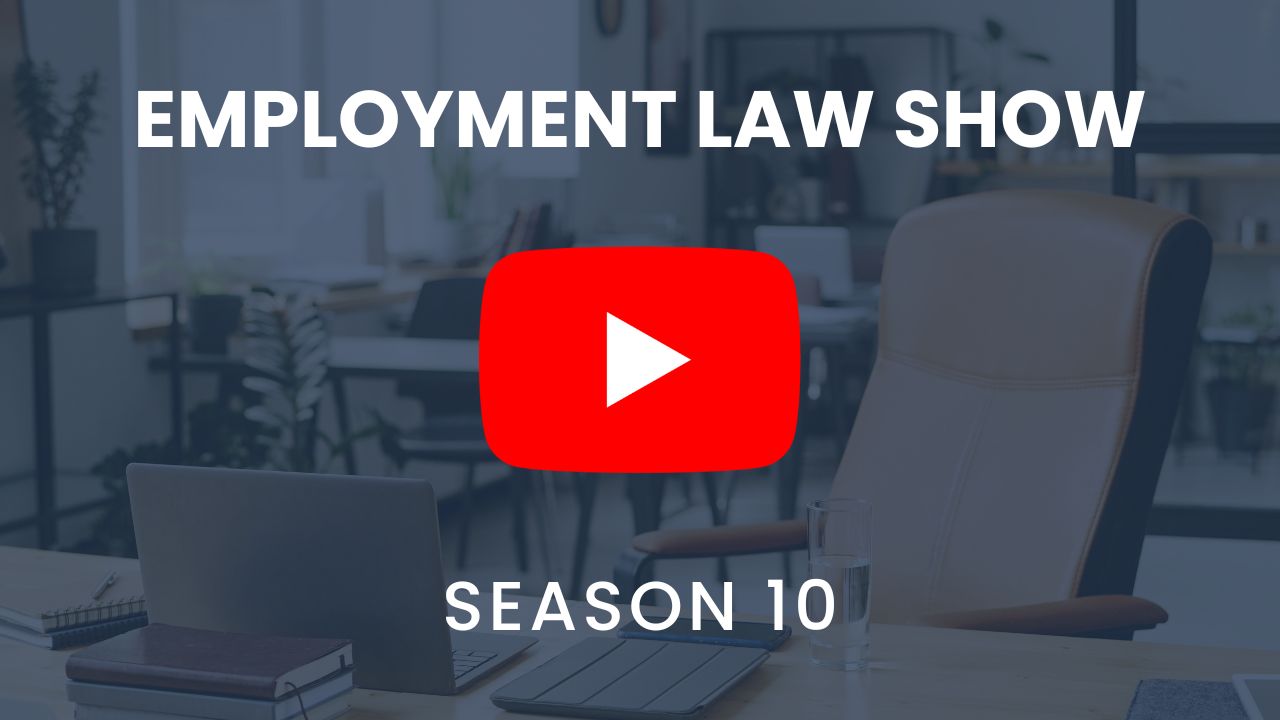 |
||
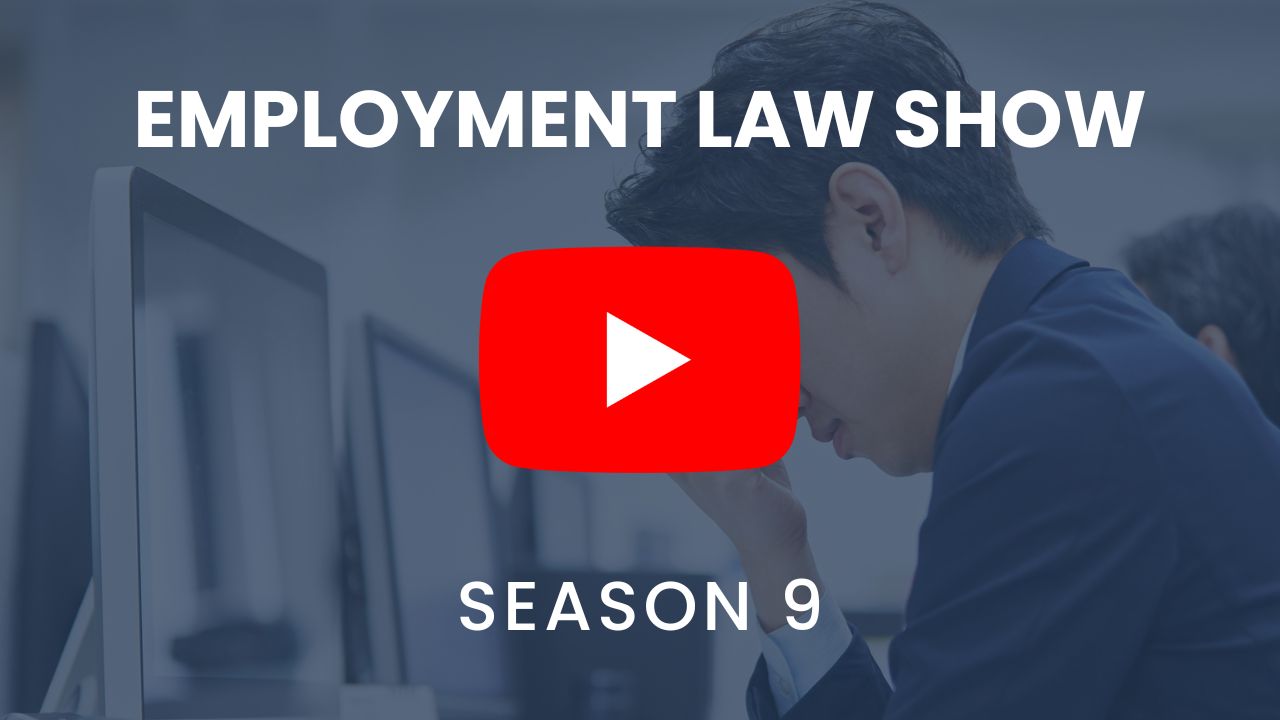 |
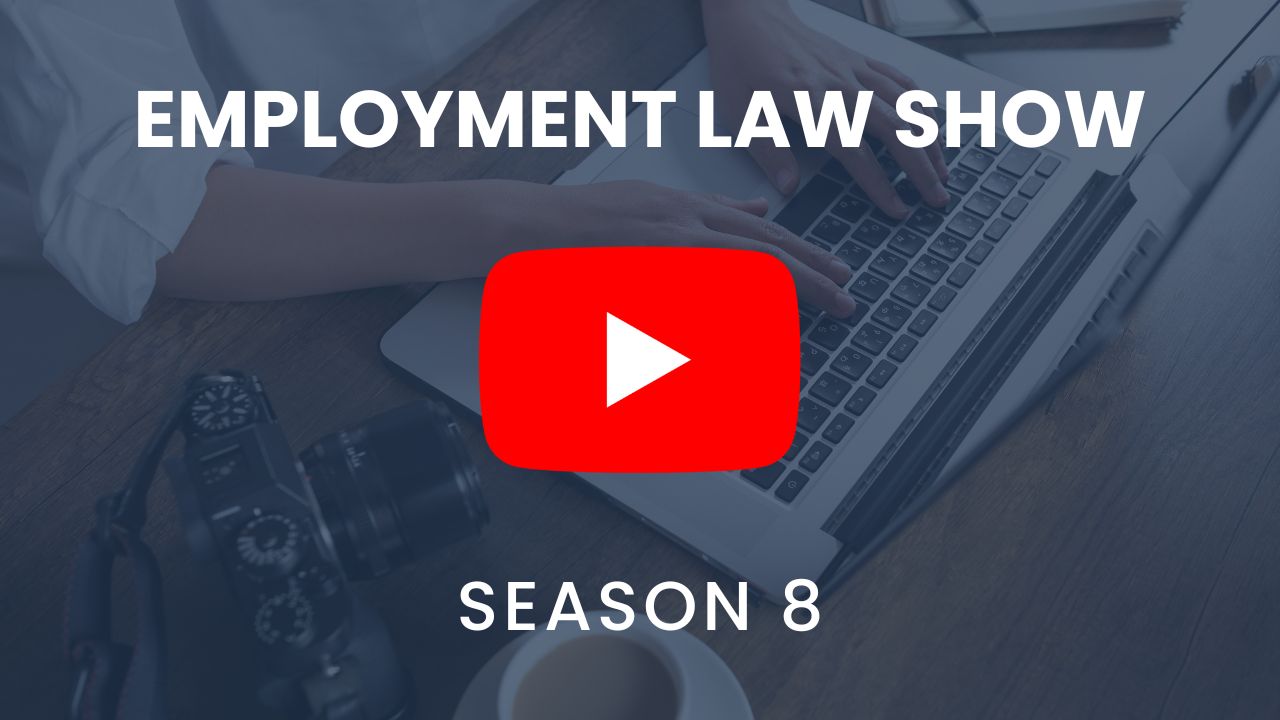 |
 |
 |
 |
 |
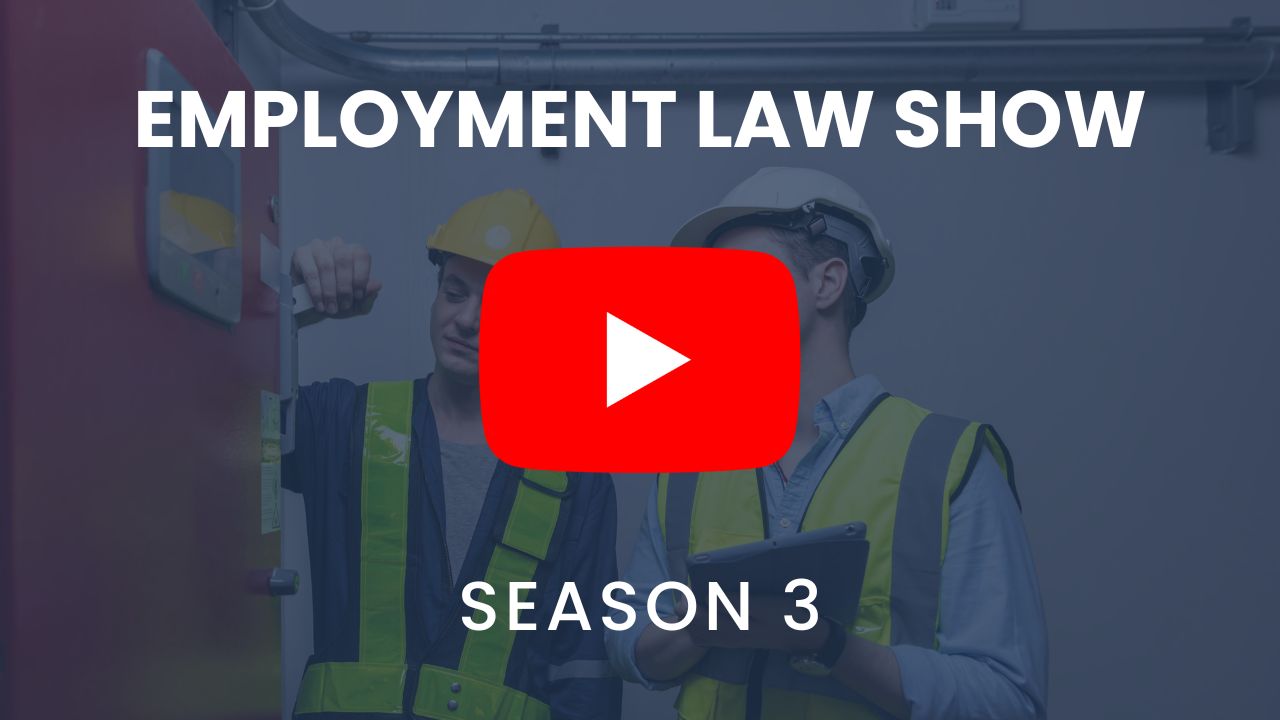 |
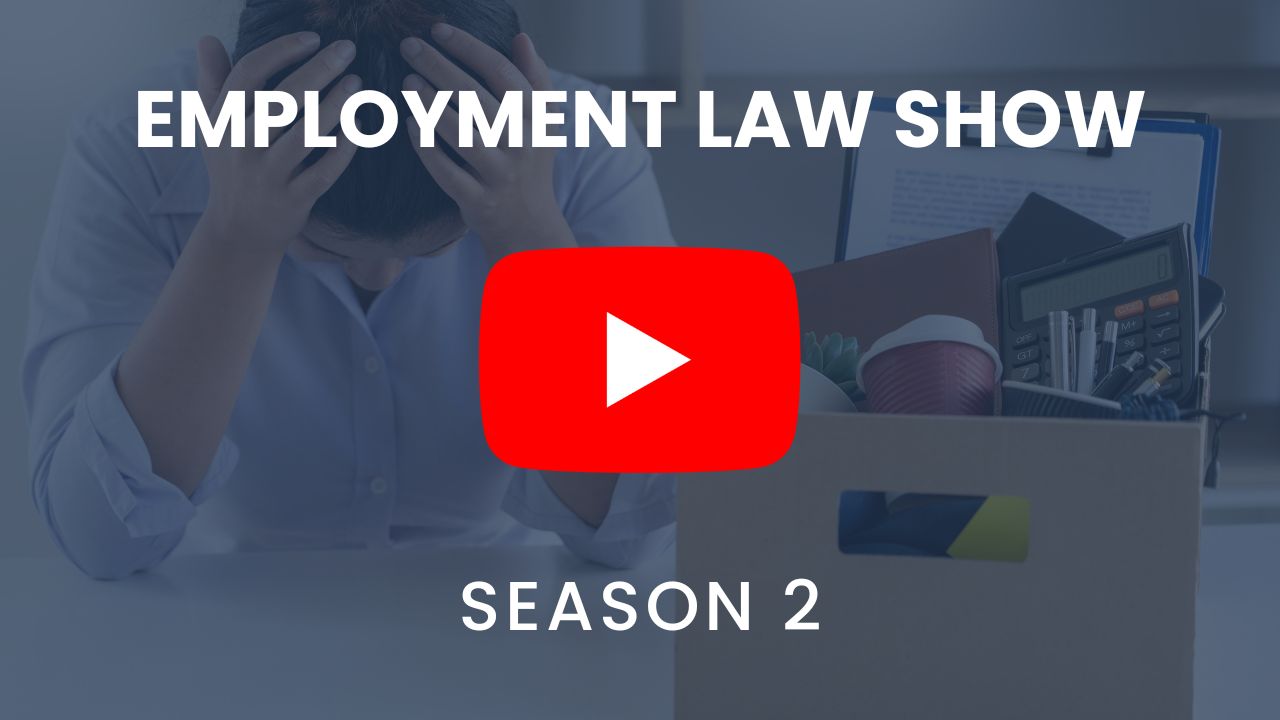 |
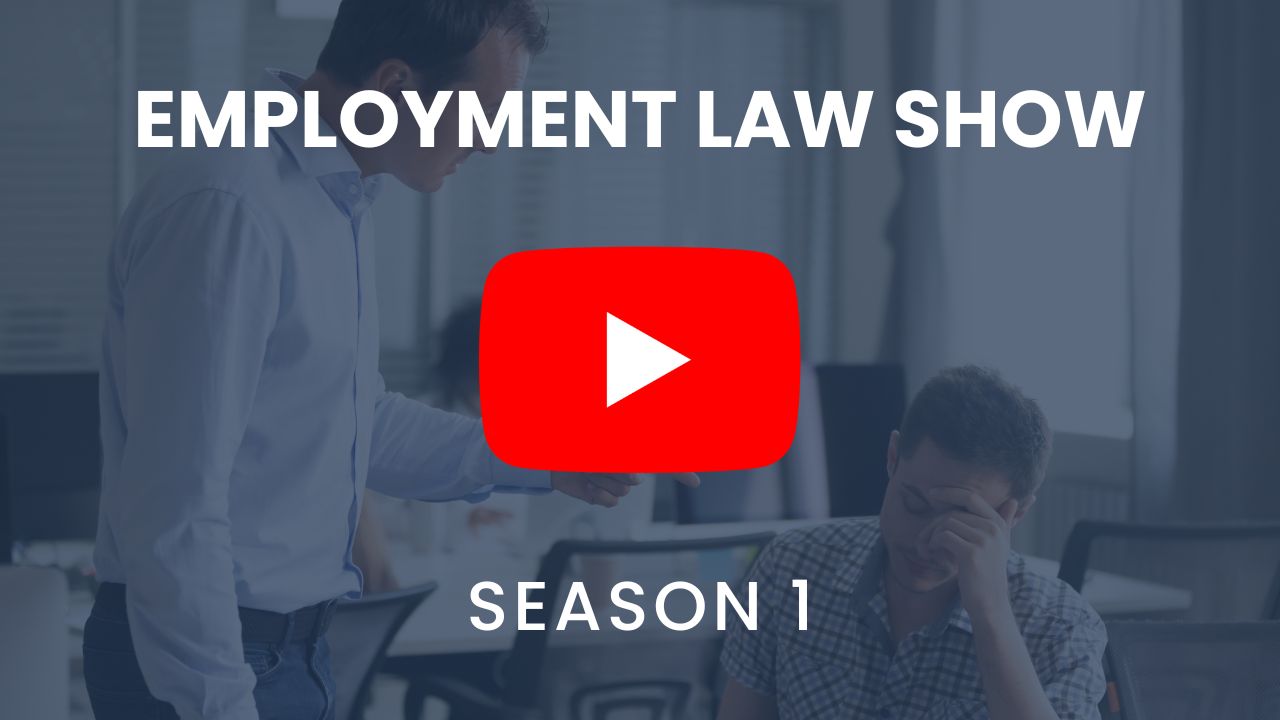 |
Pocket Employment Lawyer
Experiencing a workplace issue? Before you call a lawyer, use the Pocket Employment Lawyer to discover your workplace rights.
Severance Pay Calculator
Find out how much severance pay you are owed upon termination by using our Severance Pay Calculator. It’s accurate, anonymous and free.
Other Programs
Samfiru Tumarkin LLP also airs Ask a Lawyer on CP24 in Toronto and across the GTA.
Long-term disability claim denied? The Disability Law Show on Global and CTV is your guide to understanding why insurance companies deny or cut off legitimate disability claims when Canadians can’t work due to illness or injury – and what you can do about when it happens to you.

Television
Watch the Employment Law Show on television stations across Ontario and British Columbia! Experience one of the latest episodes or subscribe to our firm’s YouTube channel to access our entire legal library.

Radio
Talk to the lawyers at Samfiru Tumarkin LLP on the Employment Law Show, airing online and on six radio stations across Canada! Catch up on past episodes in Ontario or recent shows in British Columbia.
Showtimes
When to watch
- Ontario
- Saturdays: 9 a.m. ET on CTV (Toronto & Ottawa) • 10 a.m. ET on Global
- Sundays: 9 a.m. ET on Global
When to listen
- Ontario
- Mon – Thu: 6:30 p.m. ET on 640 Toronto & 980 CFPL (London)
- Saturdays: 10 a.m. ET on 640 Toronto • 5 p.m. ET on Newstalk 580 CFRA (Ottawa)
- Sundays: 12 p.m. ET on Newstalk 580 CFRA (Ottawa) • 1 p.m. ET on Newstalk 1010 (Toronto)
Employment Law: What you need to know about your workplace rights
-
Severance Offer Deadlines
There are no 1, 2 or 5 day deadlines. You have 2 years to seek full severance pay -
Independent Contractors
Independent contractors are often owed severance pay, due to common misclassification
-
Termination For Cause
You are still likely owed severance pay, even if terminated for cause. Find out why -
1 or 2 Weeks Per Year
There is no rule of 1 or 2 weeks' pay. Multiple factors determine the amount of severance pay owed in a termination without cause
Our cases in the news
Some of Canada’s largest media outlets have reported on our firm’s efforts to uphold our clients’ employment rights.

Coventry Homes Sued After Sexual Assault: CTV News Edmonton
An employment lawyer at Samfiru Tumarkin LLP spoke with CTV News Edmonton on the ongoing Coventry lawsuits.

Ontario Labour Ministry Sued Over Misleading Severance Advice
Samfiru Tumarkin LLP sues Ontario’s Ministry of Labour, claiming it gave misleading severance advice to two laid-off workers.

Uber class-action certified by Ontario court, fight for employee rights continues
Toronto, August 12, 2021 – The Ontario Superior Court of Justice has certified Samfiru Tumarkin LLP’s landmark $400-million class-action lawsuit against Uber,…
More about your rights
Constructive Dismissal
Learn More about Constructive Dismissal Changes made to your job? Discover your optionsHarassment & Discrimination
Learn more about Workplace Harassment Find out what to do if you are a victim of workplace harassmentEmployee vs. Independent Contractor
Learn about the common misclassification of employees Have you been misclassified as a contractor? Find out nowEmployment Contracts
Learn More about Employment ContractsDisability in the Workplace
Learn More about Employee DisabilityMinistry of Labour Complaints
Learn more about when you should contact the Ministry of LabourEmployment Insurance & Severance Pay
Learn how to navigate EI Benefits and Severance PayComprehensive services for employees
Our employment lawyers have successfully represented thousands of non-unionized individuals in various regions across Ontario, Alberta, and B.C.
In addition to severance package negotiations, we can assist you on a broad range of employment matters in those provinces, including:
For a comprehensive overview of employment, disability, and personal injury law, explore our Law Essentials page.
If you are a non-unionized employee who needs help with a workplace issue, contact us or call 1-855-821-5900 to get the advice you need and the compensation you deserve.















